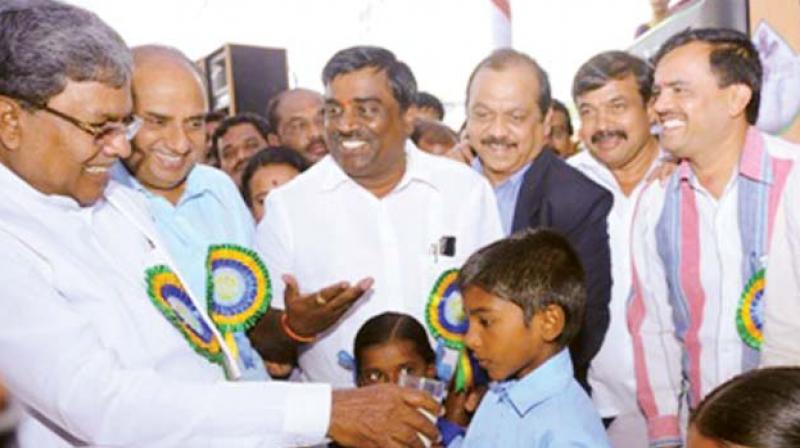Implications of citizen evaluation of government's performance

The good news for the incumbent government is that a little over one fourth of the respondents are fully satisfied with the performance of the government. Another four of every ten are somewhat satisfied with its performance. Three of every ten respondents were dissatisfied with the government, with those being somewhat dissatisfied and fully dissatisfied being equally divided.
In fact, there was a higher degree of satisfaction with the state government as compared to the central government by five percentage points. However, as this is a poll at the state level, the public perception of the record of the state government becomes more critical. It must be said that in the past a mere satisfaction with the government in power is no guarantee for it to come back to power. If satisfaction with government were linked to intention to vote, only those fully satisfied with the government stated that they would vote for the Congress. More than half of those who were somewhat satisfied were not keen to give a second chance to the ruling party.
When one focuses attention on specifics, the trends are clearly visible. Close to two thirds of the respondents felt that the conditions of roads and supply of electricity to their area had improved in the past five years. Close to six of every ten respondents felt that on supply of drinking water in their locality the situation was much better. However, farmers did not demonstrate the same positive response when it came to irrigation facilities in their area. People also felt that enough had not happened to ensure religious harmony in their region. What is striking to note is that about one-thirds of respondents of Coastal Karnataka feel that religious harmony had worsened under the present government.
On three critical indicators, the respondents appeared to be displeased with the record of the government and could explain the broader trends that are emerging from the pre poll survey. More than three fourths of the respondents felt that the prices of essential commodities had increased. One-third felt that employment opportunities in the past five years had decreased, while four of every ten felt that there had been no change in the employment scene.
PERCEPTION OF CORRUPTION HIGH
Of critical significance is the perception among more than half the respondents that corruption had increased in the last five years. One has noticed in the past, both in Karnataka and in the rest of the country, that negative perceptions on matters that impact the day-to-day life of people can be a matter of concern and alarm for the ruling dispensation, especially if the opposition is able to effectively capitalize on the same.
The survey also asked the question whether the Siddaramaiah government should be given another chance. Half the respondents felt that the government should not get another chance while four of every ten felt that it deserved another opportunity. This trend is closely aligned to the voting intention as expressed by the respondents a month prior to the election.
Close to four of every five of those who wanted the government to get another chance said that they would vote for the Congress. More than half of those who said that the government should not get another chance stated that they would vote for the BJP. Close to one thirds of those who did not favour giving the present government another chance, expressed a desire to vote for the JD(S). Clearly, the anti-incumbency vote is getting split between the BJP and the JDS.
The assessment by the citizen of the government is clearly reflected in their voting intentions and thus it is clear that for the citizens the government’s performance record is critical in any decision making on who to vote for.

